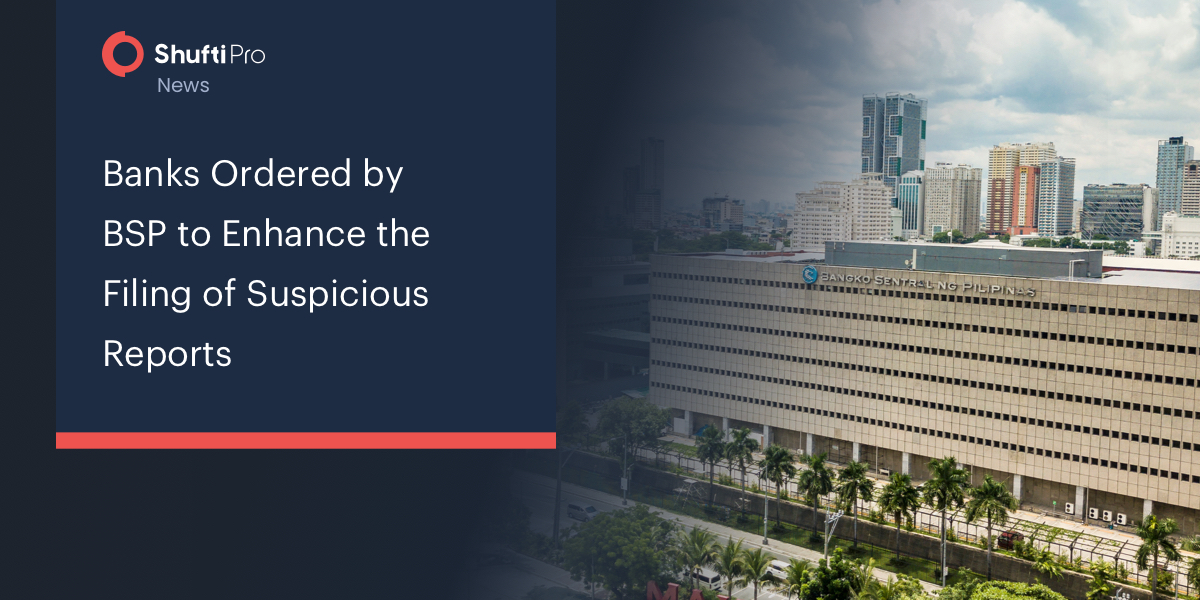News
BNM Issues New Policy For Remote Corporate Customer Onboarding
BNM has issued a new policy document that permits MSBs to onboard customers remotely in the corpo...
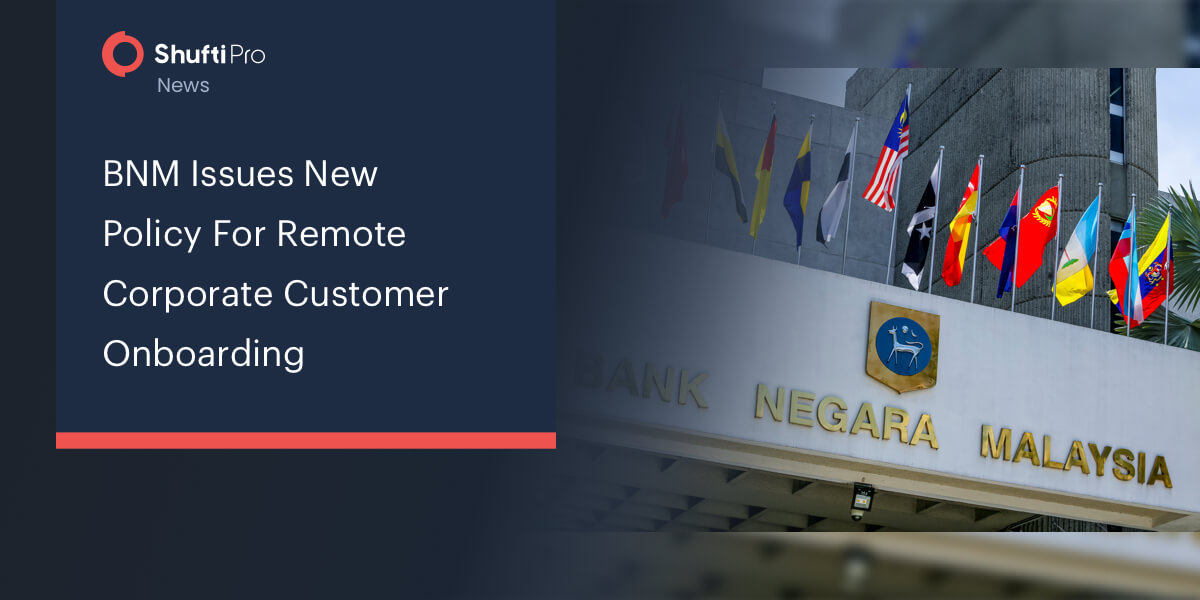 Explore More
Explore More
News
Man Arrested For Stealing Identities, Funding 1800 Online Gambling Accounts
The man suspected of stealing other’s identities to create online gambling accounts has finally b...
 Explore More
Explore More
News
Tech Giant Olympus Hit by Ransomware Attack from ‘BlackMatter’, Successor of DarkSide
More than 40 ransomware attacks have been attributed to BlackMatter, a ransomware-as-a-service gr...
 Explore More
Explore More
News
Banks in the UK Face Customer Frustration for Digital Identity Checks
The global analytics software service provider FICO has reported that the banks in the United Kin...
 Explore More
Explore More
News
UK Regulatory Authorities Warns Crypto Firms to Comply with Latest AML Obligations
The UK regulatory department, Financial Conduct Authority (FCA), has warned cryptocurrency platfo...
 Explore More
Explore More
News
Cyprus Adopts Transparency in Registration of Company Owners
Cyprus has planned to introduce a register in the coming weeks to unveil the identity of thousand...
 Explore More
Explore More
News
Australia Lags Behind in Extending FATF’s AML/CFT Recommendations to DNFBPs
Australia is sending a signal to welcome global financial criminals for business in its lawyers, ...
 Explore More
Explore More
News
Are Educational Institutes Becoming the Next Target for Money Laundering?
According to an investigation by The Times, higher-educational institutes have been unintentional...
 Explore More
Explore More
News
UAE’s SCA Works on Virtual Asset Investment Regulations
The United Arab Emirates’ Securities and Commodities Authority (SCA) has said that it is ab...
 Explore More
Explore More
News
Russian Sanctions Put Switzerland in a Tough Spot Between Regulators and Oligarchs
Switzerland’s luxury sector is in a tough spot after Western countries have imposed sanctions aga...
 Explore More
Explore More
News
Global OCR market expected to reach $70 billion by 2030
The global OCR market is expected to grow at the CAGR of 15% from 2020 to 2030, reaching USD 70 b...
 Explore More
Explore More
News
FIAU Charges ECCM Bank €310,000 for Weak AML Controls
FIAU charged Silema-based ECCM Bank €310,000 over failings in money laundering controls, revealin...
 Explore More
Explore More
News
Ontario Labeled ‘Highly Vulnerable’ to Money Laundering Activities in Cullen Report
The Canadian gambling sector is on its toes after Commissioner Austin Cullen’s report revealed in...
 Explore More
Explore More
News
Ripple CEO urges US Regulators to embrace Crypto
Brad Garlinghouse, CEO Ripple has encouraged the US regulator “to step up and lean into digital c...
 Explore More
Explore More
News
Michigan Man Convicted for COVID-19 Relief Fraud
The criminal has been sentenced to 32 months in prison for fraudulently acquiring PPP loans.
On ...
 Explore More
Explore More
News
Israel Enforces New Regulations for the Transfer of Digital Currency
The new digital currency regulations will allow Israeli banks to profit from cryptocurrency tradi...
 Explore More
Explore More
News
Study Reveals Alabama to be the Center for Identity Theft and Fraud
According to the latest study, Alabama has become the state with one of the highest rates of iden...
 Explore More
Explore More
News
HM Treasury Consults UK Government on AML Supervision Reforms
HM Treasury announced that a consultation would be conducted concerning AML/CFT supervision refor...
 Explore More
Explore More
News
Cryptocurrency brought under AML rules in Singapore
Coinpip, the Singaporean cryptocurrency provider, has closed down its operations, in spite of dec...
 Explore More
Explore More
News
FATF Removes Malta From gray List of Untrustworthy Financial Jurisdictions
After one year of being included in the FATF grey list, the global action committee has voted Mal...
 Explore More
Explore More
News
Taiwan’s Security Watchdog is Set to Regulate Local Crypto Industry to Prevent Money Laundering
Taiwan’s top financial regulator is set to become the primary oversight body to monitor the...
 Explore More
Explore More
News
Bank of Lithuania Open Probe on UK Fintech over Alleged Money Laundering
Bank of Lithuania is reportedly investigating UK fintech Railsr over Anti-Money Laundering and Co...
 Explore More
Explore More
News
Danske Bank Facing the Long-term Cost of Money Laundering
Danske Bank is still facing the consequences of its involvement in the €200 billion worth of mone...
 Explore More
Explore More
News
Fraudsters Target UK’s £400 Energy Bill Support Scheme through Scam Texts
Fraudsters are taking advantage of the support program initiated for people to lessen the burden ...
 Explore More
Explore More
News
Delta county bank president guilty of bank fraud
SHERMAN Texas – According to U.S. Attorney Stephen J. Cox, A 57-year-old former bank presid...
 Explore More
Explore More
News
ECB Will Be Launching Digital Euro Project
An electronic equivalent of banknotes and coins, the digital euro will likely be a digital wallet...
 Explore More
Explore More
News
BitGo settles with US Treasury; Sanctions Violations will Cost $98,830
The U.S. Treasury has settled with BitGo over costs that it helped users in authorised divisions ...
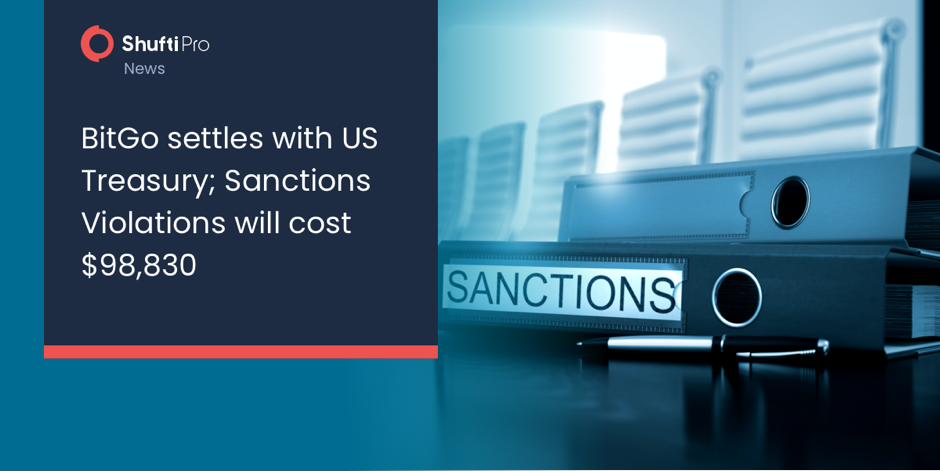 Explore More
Explore More
News
FSA Japan Considers Imposing Stricter Regulation on Cryptocurrency
The updated regulation will be designed to provide better protection to Japanese investors.
Accor...
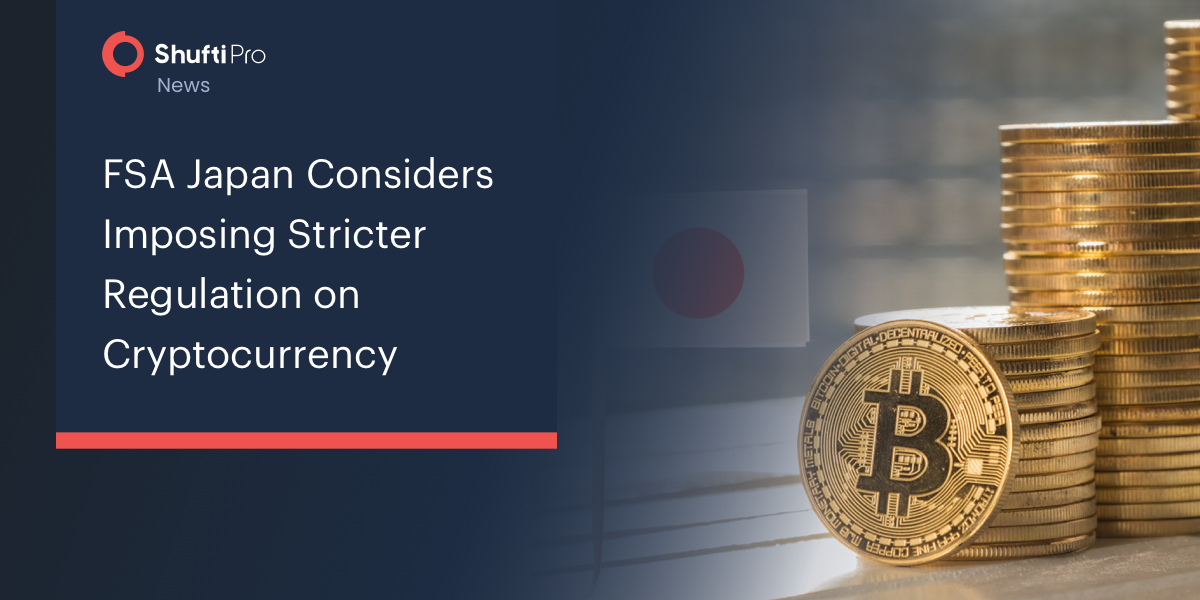 Explore More
Explore More
News
Gamers Must Be Aware of long-Scale Click Fraud Campaign- Says Microsoft
Microsoft alerted gamers regarding wide-spreading click fraud. Cybersecurity personals said that ...
 Explore More
Explore More
News
Canada to Update AML Laws for Payments Services, FinTechs and Crowdfunding Platforms
The Canadian government’s federal budget announced that new regulations will be implemented to up...
 Explore More
Explore More
News
Hacker Group Profited $7M in Crypto by Selling Stolen Credit Cards
A hacker group “Keeper” developed an interconnected network of over 570 eCommerce sites to steal ...
 Explore More
Explore More
News
US Treasury Holds Back AML Reforms Despite Money Laundering Through Art Industry
The US Treasury Department has found the country’s art market to be vulnerable to financial crime...
 Explore More
Explore More
News
Livestreaming Helps Shanghai Police Crack Money Laundering Case
There has been an arrest of a live streamer by Shanghai police who had been tipped off by a live ...
 Explore More
Explore More
News
Singapore to Strengthen Security Measures Against Phishing Scams
Singapore is taking steps to introduce additional security measures to detect suspicious transact...
 Explore More
Explore More
News
The Philippines Introduces Crypto Guidelines Against Financial Crimes
The Philippines Monetary Board (MB) has approved the guidelines regarding the virtual assets serv...
 Explore More
Explore More
News
Feds Bust Columbian Drug Cartel’s Scheme to Launder “Millions” Through US Banks
A Columbian drug cartel’s scheme was busted by the federal prosecutors who moved millions through...
 Explore More
Explore More
News
Philippines AMLC Releases New Study for Suspicious Transactions Linked to Casino Junkets
The Philippines AMLC has officially published the latest study on suspicious transactions linked ...
 Explore More
Explore More
News
FATF encourages Digital ID during Coronavirus epidemic
The Financial Action Task Force (FAFT) is advocating the use of digital identity technology to se...
 Explore More
Explore More
News
European Commission to Negotiate Scope of NFTs & Private Wallets in Crypto Regulation
Members of the EU Parliament, the European Commission, and state representatives are all set to n...
 Explore More
Explore More
News
UAE Central Bank Imposes Financial Sanctions on Six Banks for CDD Failures
Six banks in the UAE have been issued financial sanctions by the UAE Central Bank for not complyi...
 Explore More
Explore More
News
AUSTRAC Warns Banks Against Closing Accounts of Crypto Traders
AUSTRAC shows full support for the Australian crypto industry and is issuing warnings to banks ag...
 Explore More
Explore More
News
Australian Federal Police to Establish a Cryptocurrency Unit to Combat Money Laundering
AFP rolled out a dedicated crypto unit to combat monetary scams by fraudsters. According to AFP, ...
 Explore More
Explore More
News
UAE to be Removed from FATF Gray List in 2024
The UAE’s Minister of State for Foreign Trade and chairman of the Emirates Bullion Committee hope...
 Explore More
Explore More
News
FCA Fines Santander and Metro Bank for AML Compliance Gaps
The financial market regulator FCA has found compliance gaps in Anti Money Laundering (AML) syste...
 Explore More
Explore More
News
New RBI Guideline: Must Perform Due Diligence for Crypto Transactions
In the latest banking news in India, notable banks were found to have cautioned their customers a...
 Explore More
Explore More
News
South Korea to Penalize the Non-Compliant Crypto Companies
Financial watchdogs in South Korea have announced regulations to prevent financial crimes in the ...
 Explore More
Explore More
News
Kount integrates AI software for immediate identity verification
Kount, a fraud prevention firm is planning on introducing the Identity Trust Global Network for t...
 Explore More
Explore More
News
MAS Imposes Capital Requirements on OCBC for Inadequate Scam Response
Additional capital requirements have been imposed on the OCBC bank by the Monetary Authority of S...
 Explore More
Explore More
News
Bitcoin ATMs face stricter regulations over money laundering
According to experts, Bitcoin ATMs (BATMs) will face stern regulations globally, with countries s...
 Explore More
Explore More
News
Ransomware attack targets Victoria Beckham’s personal data
Maze, the Ransomware gang strikes again. It seems that the victim this time is a US-based indepen...
 Explore More
Explore More
News
Over Dh3 billion Confiscated from Firms violating AML Laws in UAE
The UAE has plans to take a strict stance on firms operating in the region over money laundering ...
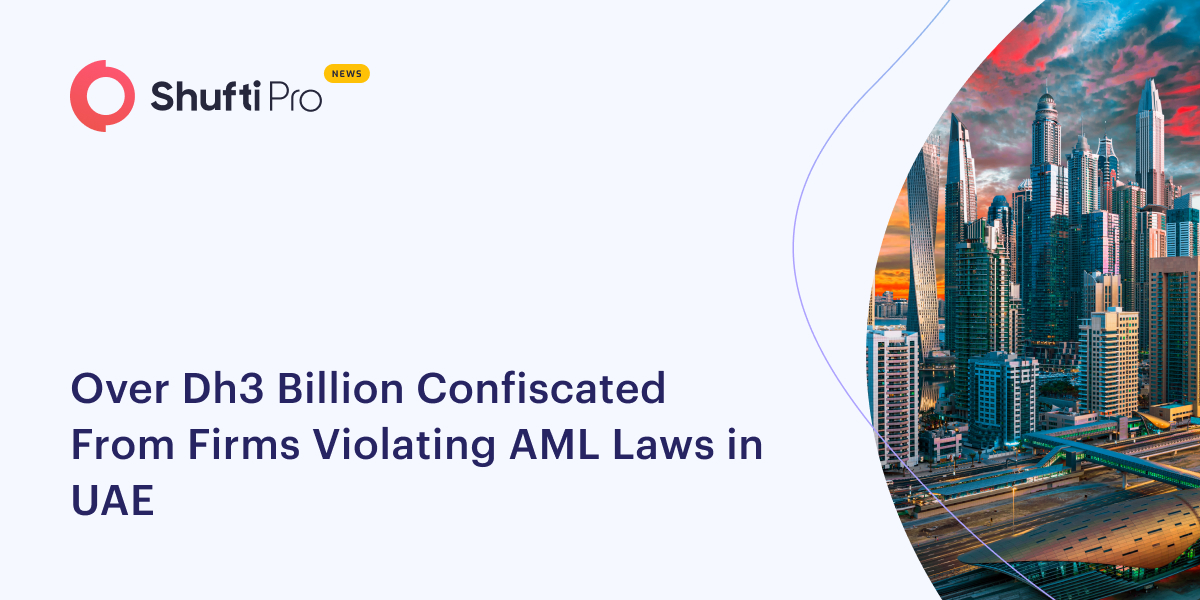 Explore More
Explore More
News
The UK’s largest mobile operator EE has announced its Digital Identity platform
EE, the UK’s largest mobile operator has announced its new Digital Identity platform to protect c...
 Explore More
Explore More
News
BitMEX Founders Admit Violating Anti-Money Laundering Regulations
Two of the co-founders of crypto exchange BitMEX Arthur Hayes and Benjamin Delo have pleaded guil...
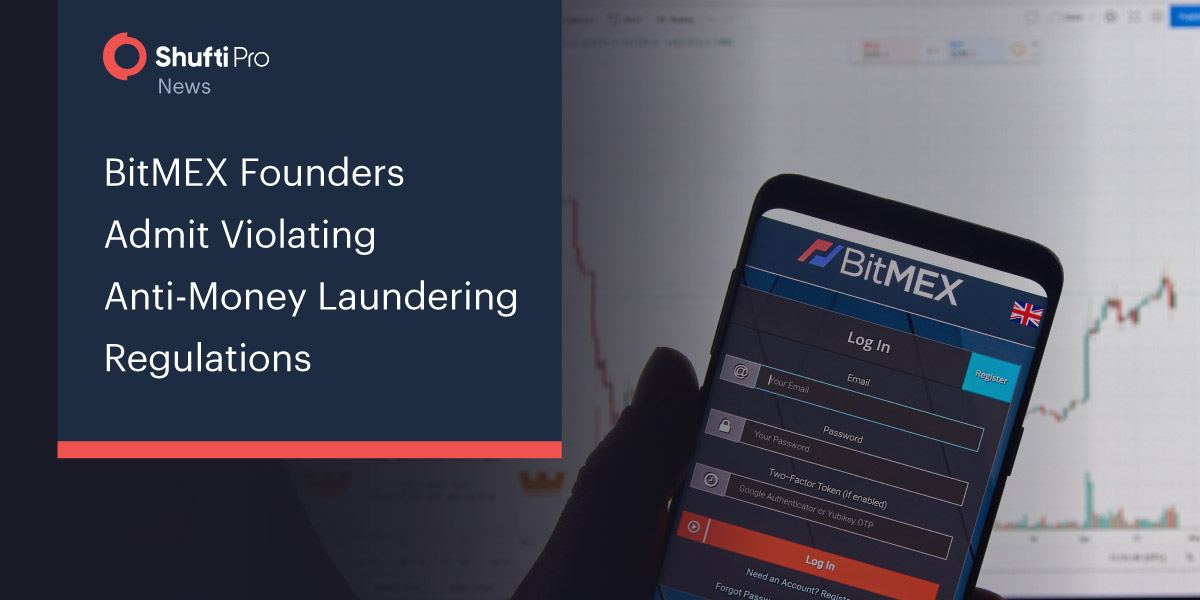 Explore More
Explore More
News
FATF Issues New BO Requirements to Address Pandora Papers
While addressing the Pandora Papers, the Paris-based global financial watchdog, FATF, has issued ...
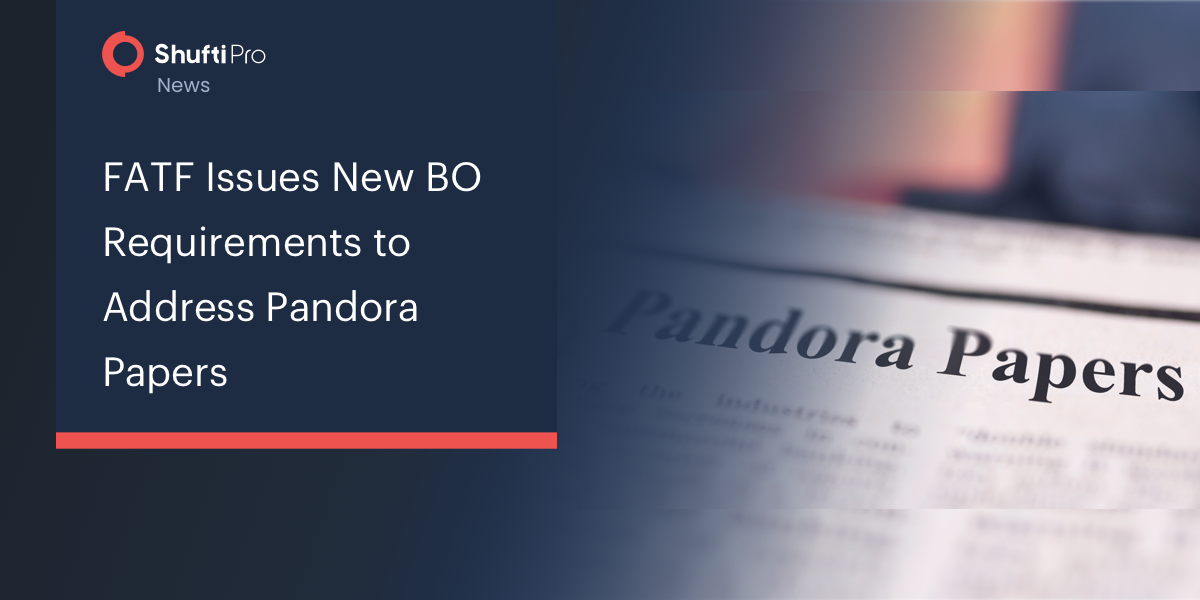 Explore More
Explore More
News
Peru’s Former and Current President under Investigation for Alleged Money Laundering
Peru’s former and current presidents are under investigation for alleged money laundering a...
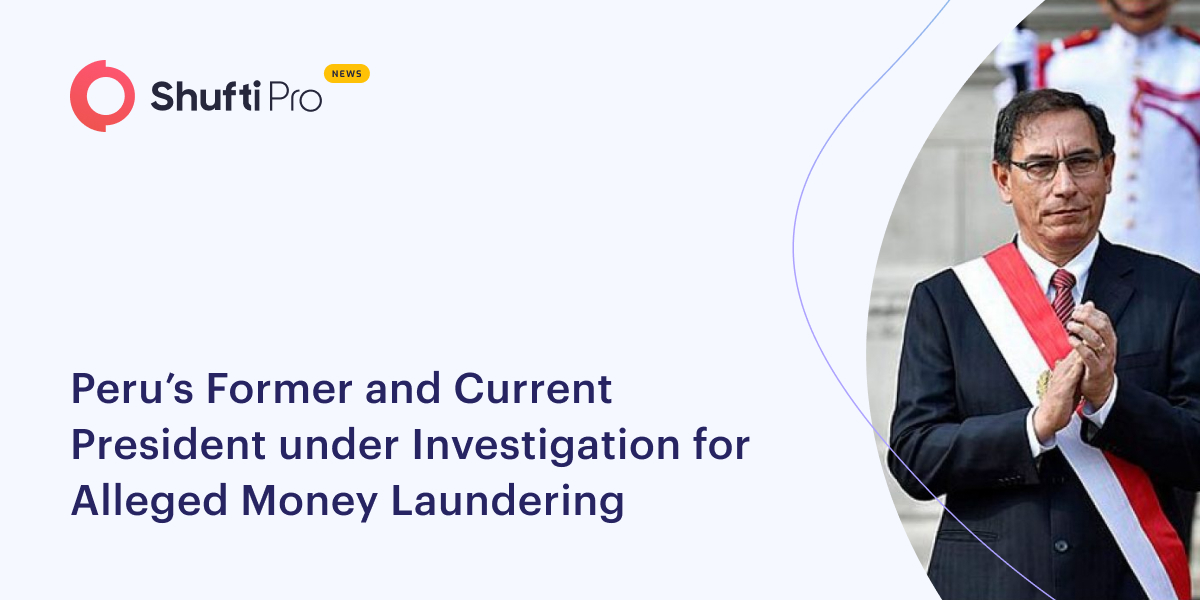 Explore More
Explore More
News
Enhanced AML/CFT Framework Pays Off – Mauritius Off FATF’s Grey List
Implementing an enhanced AML/CFT framework brings terrific news for Mauritius as they are off FAT...
 Explore More
Explore More
News
The United Kingdom implements new Anti-Money Laundering regulations
The United Kingdom’s finance and economics department has announced the incorporation of new Anti...
 Explore More
Explore More
News
Cryptocurrencies marked as top AML and CFT Priority by FinCEN
FinCEN will soon be publishing regulations on how financial institutions can incorporate cryptocu...
 Explore More
Explore More
News
Dubai KYC consortium to enhance UAE bank profits
According to Moody’s Investors Service, the recently formed Know Your Customer (KYC) consortium i...
 Explore More
Explore More
News
EBRD and Central Bank of Jordan Raise Awareness Against Financial Crime
EBRD and the Central bank of Jordan join hands in running campaigns to raise awareness for the tr...
 Explore More
Explore More
News
Canadian financial watchdog geared up for FATF compliance
The Financial Transactions and Reports Analysis Centre of Canada (FINTRAC) plans on closely regul...
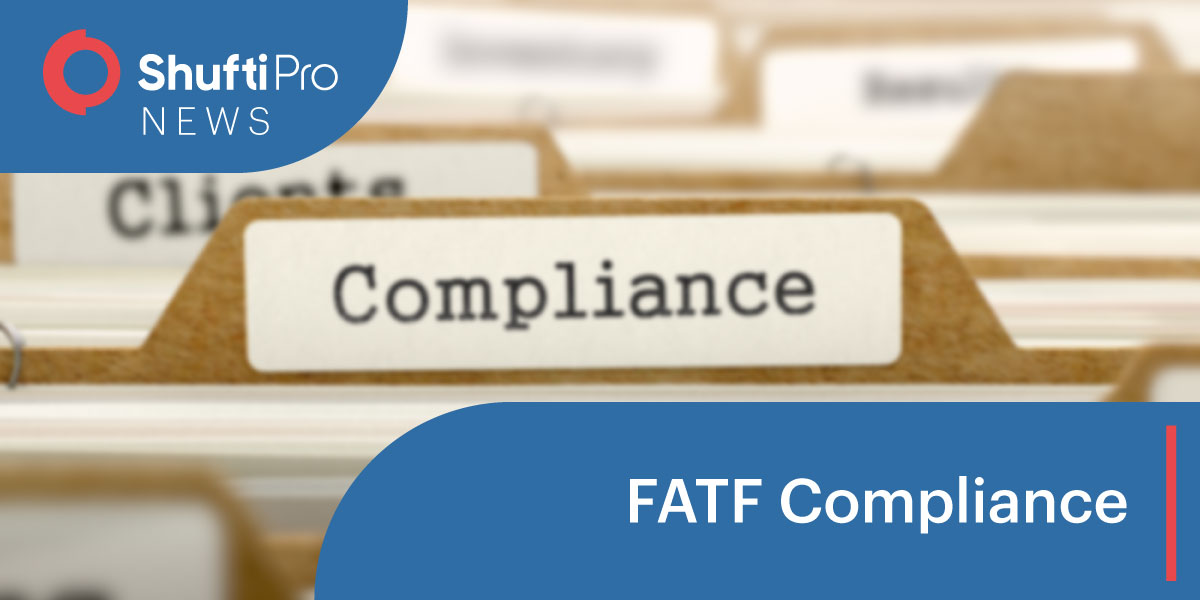 Explore More
Explore More
News
Malta Faces 200% Spike in Money Laundering Cases
Financial Intelligence Analysis Unit (FIAU), Malta’s financial regulator, received a 200% increas...
 Explore More
Explore More
News
Saudi Arabia Takes New Measures to Tackle Financial Crime
Saudi Authorities have approved a new legislative measure designed to enhance their efforts in fi...
 Explore More
Explore More
News
Central Bank of Nigeria (CBN) Raises Concerns Over KYC and AML Protocols
The Central Bank of Nigeria (CBN) has intensified pressure on financial institutions (FIs) to imp...
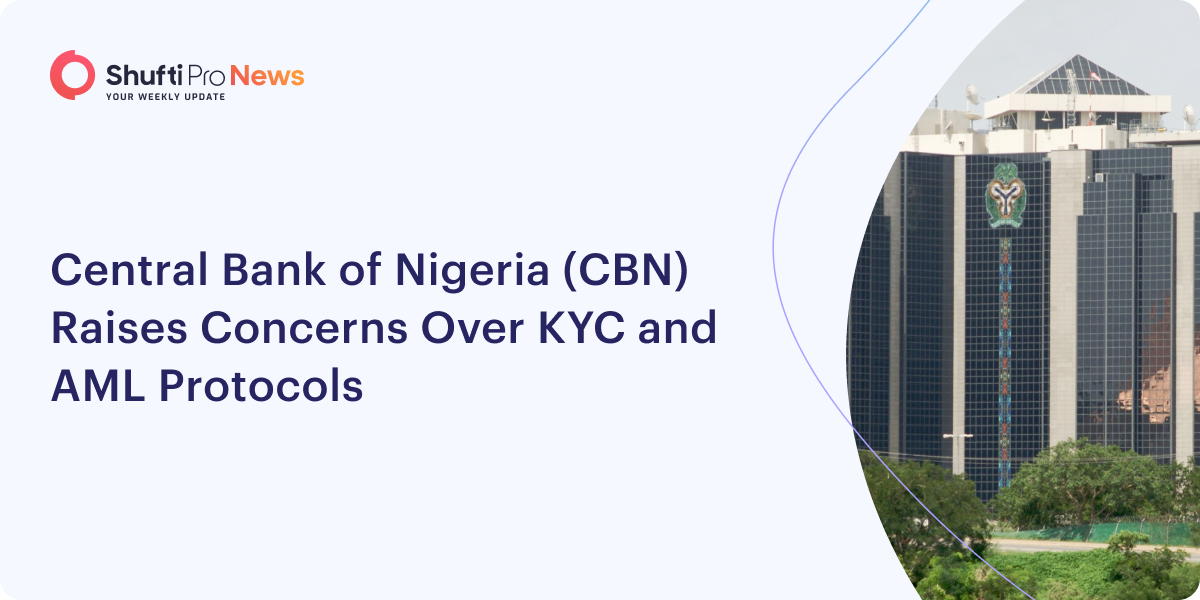 Explore More
Explore More
News
Lithuanian Government Approves Amendment to Strengthen Digital Currency Regulations
Lithuania is on the verge of becoming the first country in Europe to pass strict laws on digital ...
 Explore More
Explore More
News
UAE Central Bank Imposes Dh352k Fine on Currency Exchange
The Central Bank of the UAE has fined an exchange house with a total of Dh352,000 for shortcoming...
 Explore More
Explore More
News
Kinahan Cartel Under Pressure as European Union Places UAE on ‘Blacklist’
The Kinahan Cartel is under great pressure after the European Union (EU) places the UAE on the ‘b...
 Explore More
Explore More
News
HKMA Issues Guide for Regtech Adoption in Customer Monitoring
The second guide published by the HKMA will allow banks to test their internal measures and infra...
 Explore More
Explore More
News
Australian Police Launch Avarus, a Multi-task Force to fight Money Laundering
Australian Federal Police has set up a new multi-agency task force to fight prevailing financial ...
 Explore More
Explore More
News
Electronics Giant Samsung Confirms a Data Breach Affecting Personal Information of Customers
Samsung announced a data breach involving customers’ personal information, assuring that so...
 Explore More
Explore More
News
5 Billion Unique Credentials Circulating on Darknet
According to the report released by security firm Digital Shadows, a total of 15 billion user cre...
 Explore More
Explore More
News
UK’s financial system claims to survive Coronavirus hit
Britain’s banks inform investors that they are optimistic that their balance sheets are strong en...
 Explore More
Explore More
